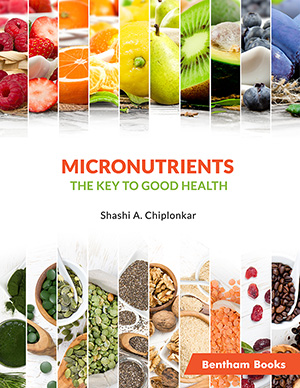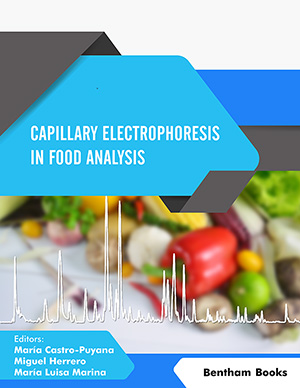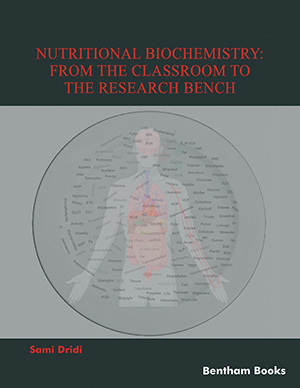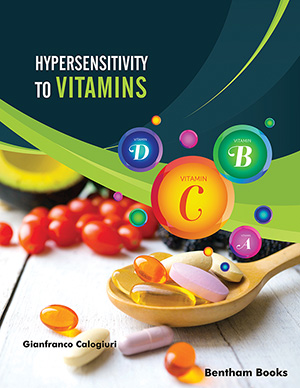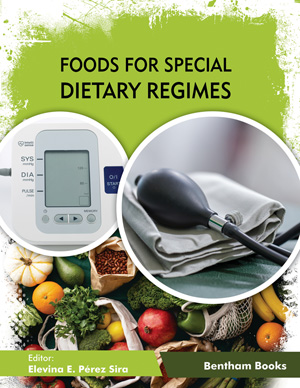
Abstract
The WHO has declared that obesity is one of the top five risk conditions in the world. Body adiposity occurs as a consequence of an imbalance between food intake and energy expenditure. The hypothalamus integrates complex neural and humoral signals that coordinate the initiation and termination of feeding and regulates energy expenditure. In the last decade there has been considerable interest in the role of gut hormones in governing hunger and satiety signals in the brain. Ghrelin, a small peptide synthesized in the stomach, stimulates food intake while peptide YY (PYY), oxyntomodulin (OXM), glucagon like peptide-1 (GLP-1), cholecystokinin (CCK) and pancreatic polypeptide (PP) inhibit appetite To date, pharmacological approaches used to alter gut hormones administration may provide physiological and therapeutic solutions for appetite control and long-term anti-obesity therapy. Here we review the recent advances in this field.
Keywords: Gut peptides, PYY, Oxyntomodulin, GLP-1, Ghrelin, obesity
Current Nutrition & Food Science
Title: Adiposity and the Gut - The Role of Gut Hormones
Volume: 3 Issue: 1
Author(s): Vian Amber and Stephen R. Bloom
Affiliation:
Keywords: Gut peptides, PYY, Oxyntomodulin, GLP-1, Ghrelin, obesity
Abstract: The WHO has declared that obesity is one of the top five risk conditions in the world. Body adiposity occurs as a consequence of an imbalance between food intake and energy expenditure. The hypothalamus integrates complex neural and humoral signals that coordinate the initiation and termination of feeding and regulates energy expenditure. In the last decade there has been considerable interest in the role of gut hormones in governing hunger and satiety signals in the brain. Ghrelin, a small peptide synthesized in the stomach, stimulates food intake while peptide YY (PYY), oxyntomodulin (OXM), glucagon like peptide-1 (GLP-1), cholecystokinin (CCK) and pancreatic polypeptide (PP) inhibit appetite To date, pharmacological approaches used to alter gut hormones administration may provide physiological and therapeutic solutions for appetite control and long-term anti-obesity therapy. Here we review the recent advances in this field.
Export Options
About this article
Cite this article as:
Amber Vian and Bloom R. Stephen, Adiposity and the Gut - The Role of Gut Hormones, Current Nutrition & Food Science 2007; 3 (1) . https://dx.doi.org/10.2174/1573401310703010075
| DOI https://dx.doi.org/10.2174/1573401310703010075 |
Print ISSN 1573-4013 |
| Publisher Name Bentham Science Publisher |
Online ISSN 2212-3881 |
Call for Papers in Thematic Issues
Bioactive Compounds, Functional Foods, Metabolism, and Health
Nutrition, metabolism, and their intervention strategies have become focal points of interest in the study of metabolic syndrome and health. Bioactive compounds, phytochemicals, and functional foods play crucial roles in modulating metabolic processes and improving human health. Moreover, the composition of the gut microbiome is also believed to be closely ...read more
Harnessing Bioactive Compounds from Food Waste: Sustainable Extraction Strategies and Health Applications
Food waste presents a significant challenge across the postharvest cycle, from agricultural production to distribution. However, within this waste lies a treasure trove of bioactive chemicals that hold immense potential for nutraceuticals, functional foods, and postharvest additives, including antimicrobials. Various extraction methods, such as solvent extraction (SE), supercritical fluid extraction ...read more
Natural Bioactive Compounds Derivatives in Nutraceutical and Food Science
In the last years, plants have been widely used for their numerous properties and now there is growing interest in the study of classes of compounds obtained from plant species or derived from them. The importance of these natural compounds lies in their important therapeutic purposes, and in their capability ...read more
The Core Linkage Between Probiotics Encapsulation by the Natural Phytochemicals as Health and nutritional-related Functional Products: Recent Applications
The exploration of probiotics encapsulation through natural phytochemicals has emerged as a pivotal area of research, particularly in the context of health and nutrition. Probiotics, defined as live microorganisms that confer health benefits to the host, have gained considerable attention for their role in enhancing gut health, boosting the immune ...read more
Related Journals
 11
11
- Author Guidelines
- Graphical Abstracts
- Fabricating and Stating False Information
- Research Misconduct
- Post Publication Discussions and Corrections
- Publishing Ethics and Rectitude
- Increase Visibility of Your Article
- Archiving Policies
- Peer Review Workflow
- Order Your Article Before Print
- Promote Your Article
- Manuscript Transfer Facility
- Editorial Policies
- Allegations from Whistleblowers
- Announcements
Related Articles
-
Blood Pressure Variability and Mortality in end Stage Renal Disease
Current Hypertension Reviews Alterations in the Expression of Amyloid Precursor Protein Cleaving Enzymes mRNA in Alzheimer Peripheral Blood
Current Alzheimer Research Does HbA1cc Play a Role in the Development of Cardiovascular Diseases?
Current Pharmaceutical Design Di'ao Xinxuekang: Therapeutic Potential in Cardiovascular Diseases
Current Molecular Pharmacology Will Antiangiogenic Agents be a Future for Mesothelioma Therapy?
Current Medicinal Chemistry Androgen Deficiency in Aging Male Questionnaire for the Clinical Detection of Testosterone Deficiency in a Population of Black Sub-Saharan African Men with Type 2 Diabetes Mellitus: Is it a Reliable Tool?
Current Diabetes Reviews Effect of Fermentation, Cold storage and Carbonation on the Antioxidant activity of Probiotic Grape Beverage
Current Nutrition & Food Science Comparison of the Determinants of the Health Service System and the Health Status of the People in the Greater Mekong Subregion (GMS)
Current Psychiatry Reviews Sorafenib Decreases Extrahepatic Collaterals in Hepatocellular Carcinoma: Implication of the Synergistic Effect of Sorafenib and Transcatheter Chemoembolization
Current Medical Imaging The Role of Statins in Oxidative Stress and Cardiovascular Disease
Current Drug Targets - Cardiovascular & Hematological Disorders New Inotropic Pharmacologic Strategies Targeting the Failing Myocardiumin the Newborn and Infant
Mini-Reviews in Medicinal Chemistry Editorial [Hot Topic: Benefits, Problems and Alternatives to COX-2 Inhibition (Guest Editor: Angel Lanas)]
Current Topics in Medicinal Chemistry Squalene as Novel Food Factor
Current Pharmaceutical Biotechnology ATP-Sensitive K+ Channels: Current and Putative Target for the Prevention and Treatment of Cardiovascular Diseases
Vascular Disease Prevention (Discontinued) New Strategies in the Management of Children and Adolescents with Proliferative Lupus Nephritis
Current Rheumatology Reviews Vitamin D-Binding Protein Acts in the Actin Scavenge System and Can Have Increased Expression During Aspirin Therapy
Current Neurovascular Research Tachykinins and the Cardiovascular System
Current Drug Targets MRI Abnormalities Associated with Mild Cognitive Impairments of Vascular (VMCI) Versus Neurodegenerative (NMCI) Types Prodromal for Vascular and Alzheimers Dementias
Current Alzheimer Research Proprotein Convertase Subtilisin/Kexin Type 9 (PCSK9) and LDL Lowering in the Contemporary Management of Dyslipidemia
Cardiovascular & Hematological Agents in Medicinal Chemistry Role of Granulocyte-colony Stimulating Factor in the Protection of Cerebral Vascular Endothelium, White Matter, and Cognition
Current Neurovascular Research














